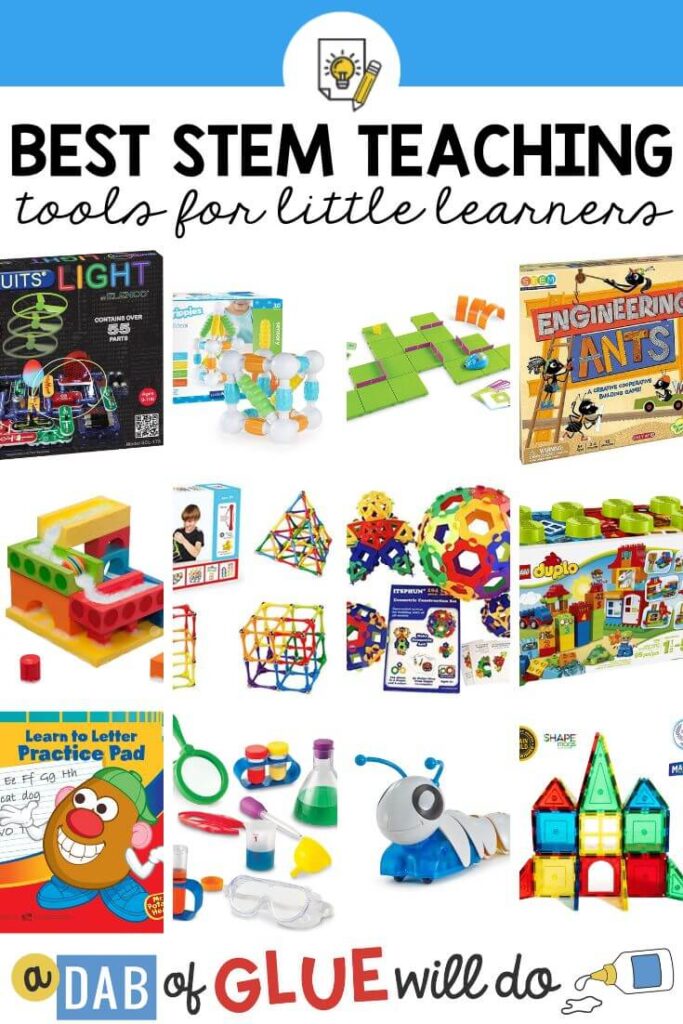Introduction
The shift to online teaching presents new challenges and opportunities for educators. Mastering online teaching requires a combination of effective strategies, adaptability, and technological proficiency. In this article, we’ll explore essential tips for educators to excel in the virtual classroom.
Understanding the Online Learning Environment
Before diving into online teaching, it’s essential for educators to understand the unique dynamics of the online learning environment. This includes familiarity with the chosen online platform, understanding of digital tools and resources, and awareness of potential challenges that students may face in an online setting.
Setting Clear Expectations
Setting clear expectations is crucial for successful online teaching. Educators should clearly communicate course objectives, expectations for participation, assignment deadlines, and grading criteria to students. Providing a detailed syllabus or course outline helps students understand what is expected of them and fosters accountability.
Creating Engaging Content
Engaging content is key to keeping students motivated and invested in their online learning experience. Educators should use a variety of multimedia tools, such as videos, interactive presentations, and discussion forums, to deliver content in an engaging and accessible manner. Incorporating real-world examples and applications helps make course material relevant and relatable to students’ lives.
Fostering Interaction and Collaboration
Interaction and collaboration are essential components of the online learning experience. Educators should create opportunities for students to interact with each other and with the instructor through online discussions, group projects, and virtual office hours. Encouraging collaboration helps foster a sense of community and promotes active engagement in the learning process.
Providing Timely Feedback
Timely feedback is critical for student success in online courses. Educators should provide prompt feedback on assignments, quizzes, and discussion posts to guide students’ learning and address any misconceptions or areas for improvement. Feedback should be constructive, specific, and actionable, helping students understand their strengths and areas for growth.
Promoting Self-Directed Learning
Promoting self-directed learning empowers students to take ownership of their education and become independent learners. Educators should provide resources and support to help students develop self-regulation skills, such as goal-setting, time management, and study strategies. Encouraging students to set goals, track their progress, and reflect on their learning promotes academic success and lifelong learning habits.
Addressing Accessibility and Equity
Addressing accessibility and equity is essential for ensuring all students have equal access to learning opportunities in the online classroom. Educators should design courses with accessibility in mind, providing alternative formats for course materials, captioning videos, and using inclusive language and images. Additionally, educators should be mindful of students’ access to technology and internet connectivity, providing support or accommodations as needed.
Embracing Flexibility and Adaptability
Flexibility and adaptability are key qualities for success in online teaching. Educators should be prepared to adjust their teaching methods and strategies based on student needs, feedback, and changing circumstances. Embracing flexibility allows educators to respond effectively to challenges and opportunities that arise in the online learning environment.
Building a Supportive Learning Community
Building a supportive learning community is essential for student success and engagement in online courses. Educators should foster a sense of belonging and camaraderie among students by encouraging peer interaction, collaboration, and mutual support. Providing opportunities for students to connect with each other and with the instructor helps create a supportive and inclusive learning environment.
Conclusion
Mastering online teaching requires a combination of effective pedagogy, technological proficiency, and a commitment to student success. By understanding the online learning environment, setting clear expectations, creating engaging content, fostering interaction and collaboration, providing timely feedback, promoting self-directed learning, addressing accessibility and equity, embracing flexibility and adaptability, and building a supportive learning community, educators can excel in the virtual classroom and create meaningful learning experiences for their students. Read more about tips for teachers for online classes






